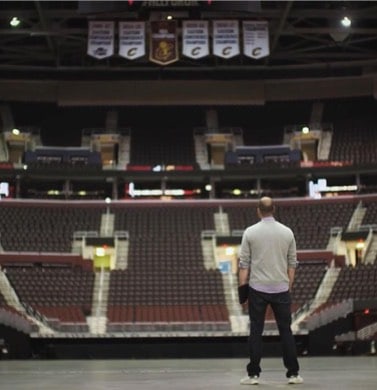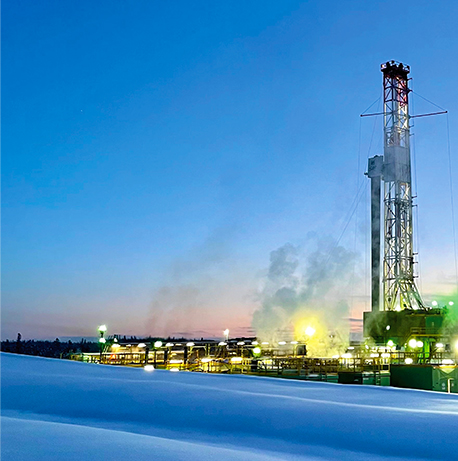Hire Freelance Event Marketers
Joanna Chiarello
Joanna is a visionary brand and marketing leader with a strategic and detail-oriented approach to execution. She bridges a background in strategy, visual design, and marketing to devise and implement effective traditional and digital marketing campaigns for diverse industries. Joanna possesses a proven history of driving results across sales, lead generation, brand recognition, and audience engagement.
Show MoreAriel Morton
Ariel is an analytically and creatively focused marketing expert with an MBA in marketing strategy. She is a diligent problem solver and growth strategist and has led the charge of revamping multiple marketing departments through her leadership, strategy, and demand generation skills in B2B and B2C companies. Ariel is also a very skilled creative writer with an extensive background in content creation for various brands. Besides marketing, Ariel is talented in the field of screenwriting.
Show MoreFelipe Monsalve
Felipe is a marketing expert with a proven track record of creating powerful digital marketing campaigns for some of the world's leading companies in industries such as IT, retail, market research, and tobacco. Felipe has excelled in a range of global teams and works well with companies of all sizes.
Show MoreKatrina Ward
Katrina is an experienced marketing expert with a deep understanding of complex martech stacks. They led the overhaul of digital experiences, managed teams, and launched customer-focused marketplaces. With extensive agency and client-side experience, this flexible marketer is an outstanding addition to any organization who excels in various roles, from content management to executive leadership. They teach digital marketing courses to MBA students and are passionate about protecting user data.
Show MoreDiscover More Event Marketers in the Toptal Network
Start Hiring

























